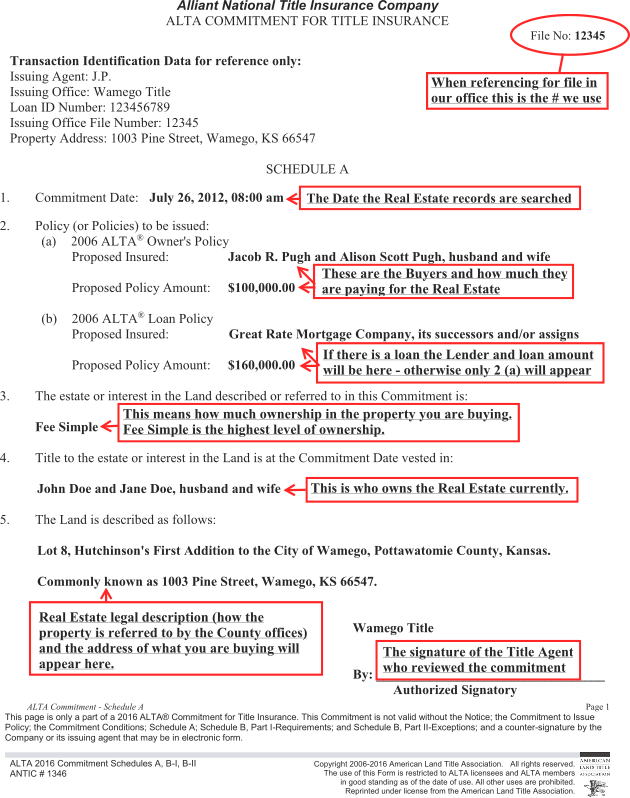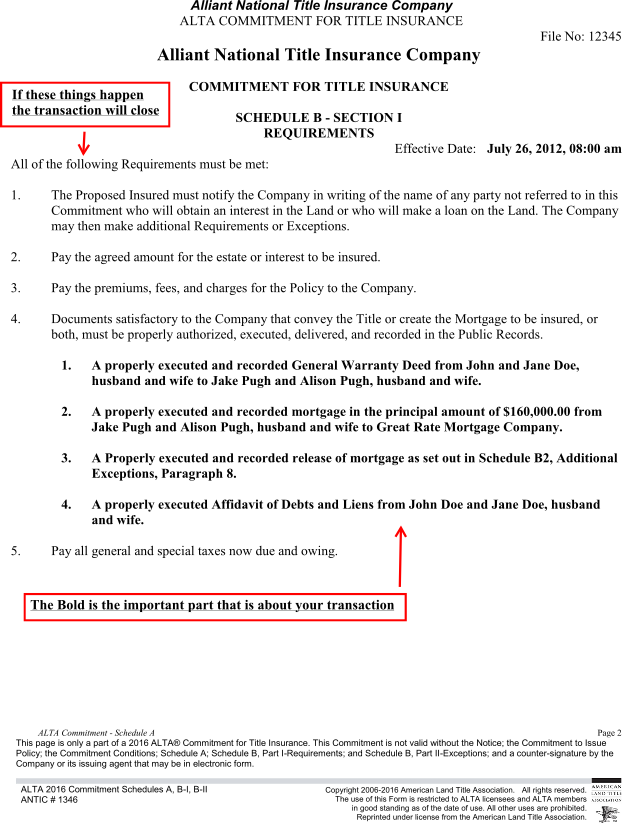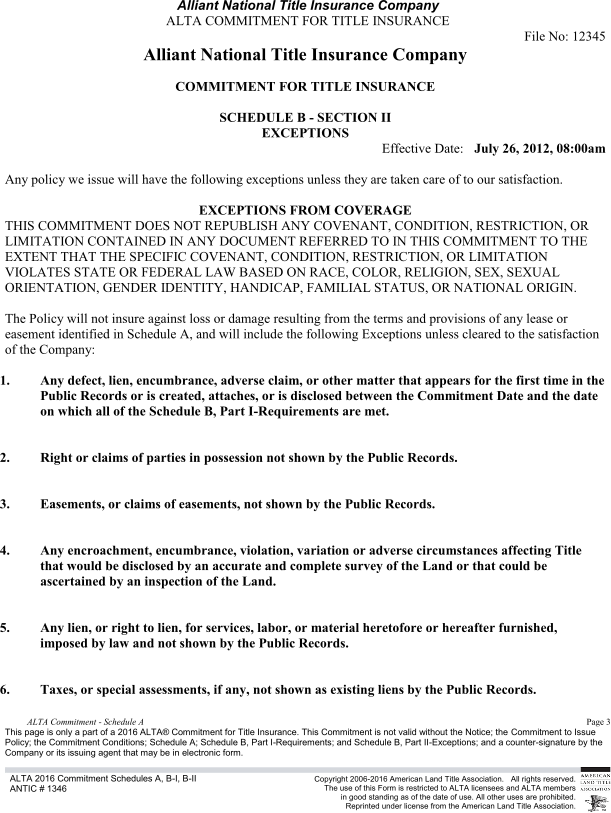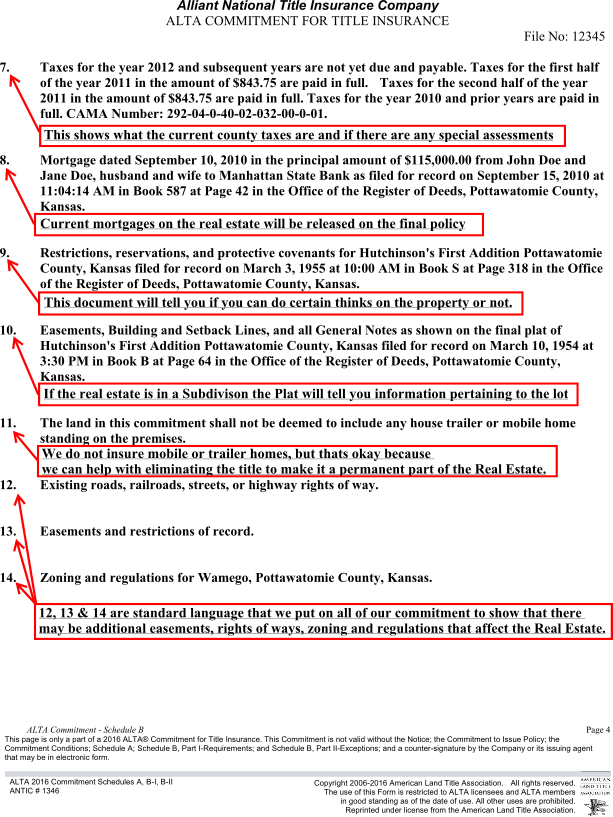How do I negotiate a contract? What does “in escrow” mean? What is an appropriate “counter-offer?” How much will my proceeds be from the sale of my house? What the heck is title insurance and who sells it? Which title insurance/closing company should we use?
An American’s home is his or her largest investment. The majority of us do not regularly purchase and sell real estate. For this reason, the purchase or the sale of your house can be incredibly stressful. Real estate agents or Realtors are real estate professionals that navigate through these tough questions daily. Real estate agents are not just salespeople. In fact, I would say that the majority of a real estate agent’s experience is in assisting a buyer or seller understand the transaction. An agent will help you write a contract for purchase of real estate, advise on technical terms, and assist in making offers and counter-offers. Additionally, an agent may help in coordinating financing for the purchase of real estate. One must remember that a real estate agent has studied the profession and is licensed and works in the profession. An average homeowner in the United States will usually own less than five homes in his or her lifetime. This will most likely result in many years passing between sales and purchases. It can be difficult to remember the details of a smooth transaction in these gaps. Additionally, Americans are becoming more mobile across state lines and internationally. A homeowner may understand how a real estate transaction takes place in Louisiana, but a Kansas transaction will have its own unique issues.
In addition to assisting homeowners in the art of negotiating and closing real estate transactions, real estate agents understand the market. Understanding what the market will bear is invaluable in a real estate sale or purchase. Real estate agents work in the field, they assist in sales constantly, and they know what property is worth. As a Seller, you will be tasked with setting a list price for your home or real estate. Your agent will know strategy for setting a listing price. Additionally, as a Buyer, you will at some point make an offer on a house. An agent will advise whether the price you would like to offer is appropriate or likely to result in a purchase.
Lastly, as title insurance professionals, we work with real estate agents on a daily basis. They are incredibly valuable in the transaction process. Real estate agents assist in securing signatures on various documents, coordinating closings and financing for their clients, and directing the disbursement of funds for various costs. For these reasons, Tallgrass Title is a proud affiliate member of the Manhattan Association of Realtors which covers Riley, Pottawatomie, Wabaunsee, Marshall, Clay and Washington Counties. Here at Tallgrass Title, we believe in the importance of real estate agents and encourage all buyers and sellers to work with a real estate agent in their transactions.







